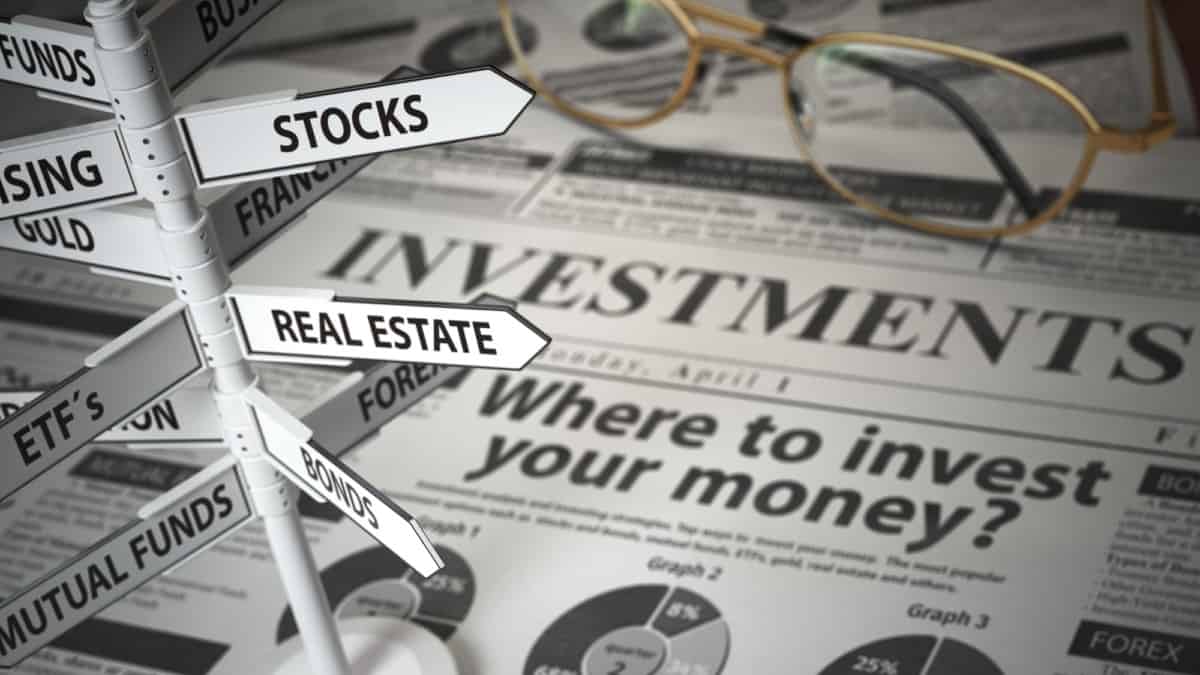The latest GDP figures, for the fourth quarter of 2023, told many of us what we already knew: the UK economy is fairly stagnant. And with a fourth-quarter drop of 0.3% combined with a 0.1% third-quarter fall, the UK is now technically in a recession.
Granted, not by very much. And indeed, over 2023 as a whole — and not the final six months — the economy actually grew by 0.1%.
But annual growth of 0.1% is equally nothing to get excited about, just as a fall of 0.4% or so is hardly a harbinger of doom. Either way, though, the point is that prime minister Rishi Sunak’s promise of economic growth isn’t being met. We’re just flatlining, essentially.
What we need is a feelgood factor
A few weeks back, I really wasn’t sure that now was the time to place a bet on the economy, and on London’s stock market. America’s economy, and America’s stock market, looked more attractive.
My argument then was any economic stimulus would happen the other side of the general election that must take place in the next twelve months. Until then, the economy was just treading water.
Now, I’m not so sure. Don’t get me wrong: America is still attractive. But one way or another, it’s likely that a fresh government would provide some certainty and confidence that the drift of the last couple of years might come to an end.
Put another way, commentators are talking up the similarities between now and 1997, when Labour under Tony Blair won the general election. And yes, the two elections are indeed comparable
But think back to what happened after the election — a sharp increase in feelgood factor, as people saw a government emboldened to act. Think of Gordon Brown’s decision to make the Bank of England independent, for instance, freeing it from political interference when it came to setting interest rates.
Boom times over the Atlantic
Investors have hardly been enthusiastic about UK equities over the past several months. The Investment Association has been reporting net outflows from UK equity funds, with the withdrawn cash being reinvested in fixed-income funds and short-term money market funds.
The reason isn’t difficult to figure out. Look at the FTSE 100’s five-year performance: over five years, it’s up just 6.8%. To save you doing the maths, that’s an annual compound growth rate of 1.7% — hardly stellar stuff.
America? Over five years, the broadly-based S&P 500 (a far more representative index than the Dow Jones Industrial Average) had risen just over 80%. That’s an annual compound growth rate of 15.9%.
And again, to save you doing the maths, that means that the S&P 500 has outgrown the Footsie by over nine times.
No wonder, once interest rates began rising, fund managers started switching out of equities into fixed income funds: they need quarter-on-quarter growth rates to report to their investors.
Where the bargains are
But ironically, that’s just what they could start to see in the coming months. As I said, this economic drift will not persist forever. And frankly, it’s difficult to imagine that a change of government might make things actually worse.
Although, come to think of it, that’s more-or-less exactly what happened when Boris Johnson was replaced by Liz Truss: markets tanked, spectacularly.
But we’ve got more than just hope to rely on. The facts — and one fact in particular — go in investors’ favour as well.
The UK stock market is cheap. The FTSE All-Share index is on a price-to-earnings ratio of 11.9. The FTSE 100, a price-to-earnings ratio of 10.8. The FTSE All-Share Financial sector — containing 256 companies — is on a price-to-earnings ratio of 9.1. The FTSE All-Share Basic Materials sector (21 companies), 6.7. The energy sector (15 companies), 6.5.
And so on, and so on. America’s S&P 500? 22.8. The Dow Jones Industrial Average? 25.7.
1997, redux
In short, I think we may have seen this movie before.
The next few months could well be torrid. But it’s not going to take a massive shift in sentiment for the market to turn: when cheap markets meet favourable conditions, sentiment flips very quickly. And elections — and changes of government — have a handy knack for delivering that change in sentiment.
And with the price-to-earnings ratios mentioned above, I know where I’ll be looking.
Take it from me.







